I've got a Django app with a lot of out-of-date migrations. I'd like to remove the old migrations and start fresh.
The app has 14 different "migrations" folders.
Here is what a few of them look like:
Is it safe to remove all the contents from each of these folders? Or, do I have to make sure to only remove some of the files -- and if so which files?


